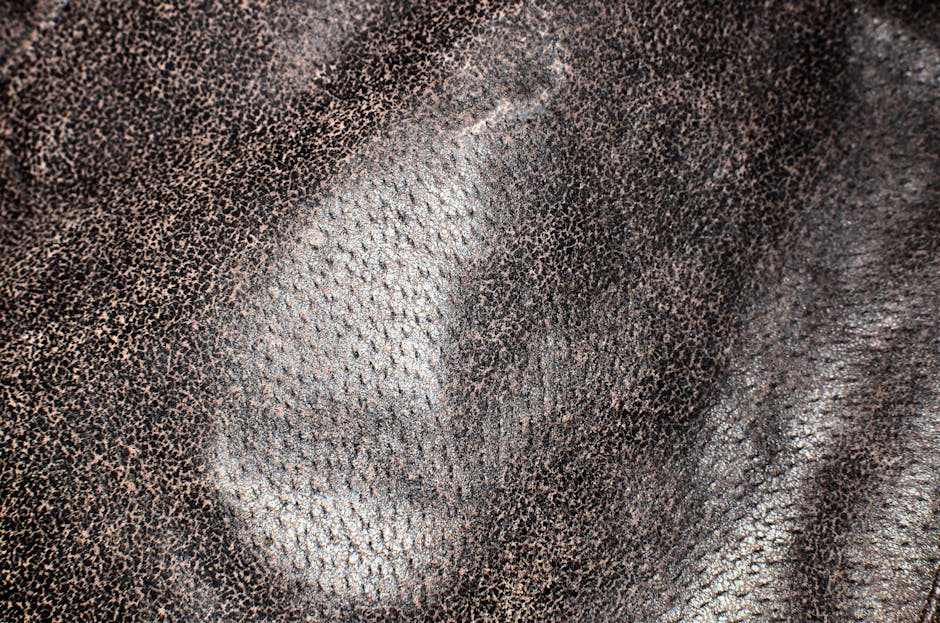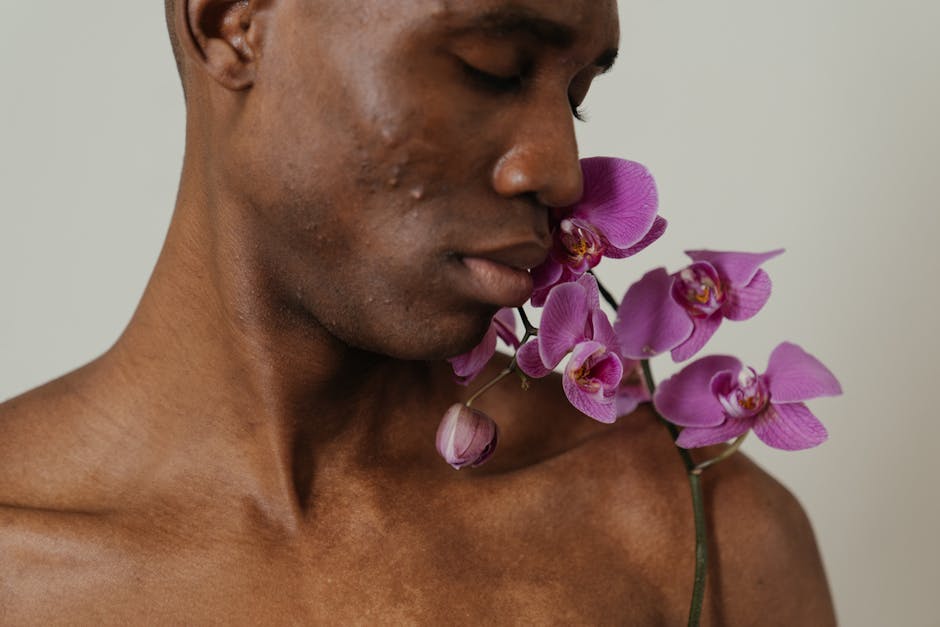Tips And Guide To Achieve Clear Skin
Clear skin is a desirable trait that enhances overall appearance and boosts self-confidence. While genetics play a role in skin health, there are many factors that can be controlled to maintain a clear, glowing complexion. This comprehensive guide provides practical tips and advice to help you achieve your clear skin goals.
**Understanding Your Skin Type**
The first step to a clear complexion is understanding your skin type. There are four main skin types: normal, dry, oily, and combination. Identifying your skin type is crucial for selecting the right products and treatments.
* **Normal Skin:** Well-balanced, not too oily or dry, and has a smooth texture.
* **Dry Skin:** Lacks moisture, feels tight and flaky, and is prone to peeling.
* **Oily Skin:** Produces excess sebum, resulting in a shiny appearance and clogged pores.
* **Combination Skin:** A mixture of two or more skin types, typically oily in the T-zone (forehead, nose, and chin) and normal or dry elsewhere.
**Cleansing**
Cleansing your face twice a day, morning and night, is essential for removing dirt, oil, and makeup. Choose a cleanser that is appropriate for your skin type. Avoid harsh cleansers that strip away natural oils, as this can lead to dryness and irritation.
**Exfoliating**
Exfoliating helps to remove dead skin cells, unclog pores, and improve skin texture. Use a gentle exfoliator 2-3 times per week to prevent over-exfoliation. Choose a scrub that is suitable for your skin type and avoid abrasive products that can cause damage.
**Moisturizing**
Moisturizing is crucial for all skin types, especially dry skin. It replenishes moisture, protects the skin from environmental damage, and prevents premature aging. Choose a moisturizer that is non-comedogenic, meaning it will not clog pores.
**Sunscreen**
Protecting your skin from the sun's harmful UV rays is essential for preventing damage, wrinkles, and skin cancer. Apply a broad-spectrum sunscreen with an SPF of 30 or higher every day, even on cloudy days.
**Healthy Diet**
Diet plays a significant role in skin health. Eating plenty of fruits, vegetables, and whole grains provides essential vitamins, minerals, and antioxidants that support clear skin. Avoid sugary, processed foods, as they can contribute to inflammation and breakouts.
**Hydration**
Drinking plenty of water is essential for overall health, including your skin. Staying hydrated keeps your skin plump, supple, and glowing. Aim to drink 8-10 glasses of water per day.
**Sleep**
Getting enough sleep is essential for skin repair and rejuvenation. When you don't get enough sleep, your skin can appear dull, tired, and prone to breakouts. Aim for 7-9 hours of quality sleep each night.
**Stress Management**
Stress can trigger hormonal imbalances and inflammation, leading to skin problems. Find healthy ways to manage stress, such as yoga, meditation, or spending time in nature.


